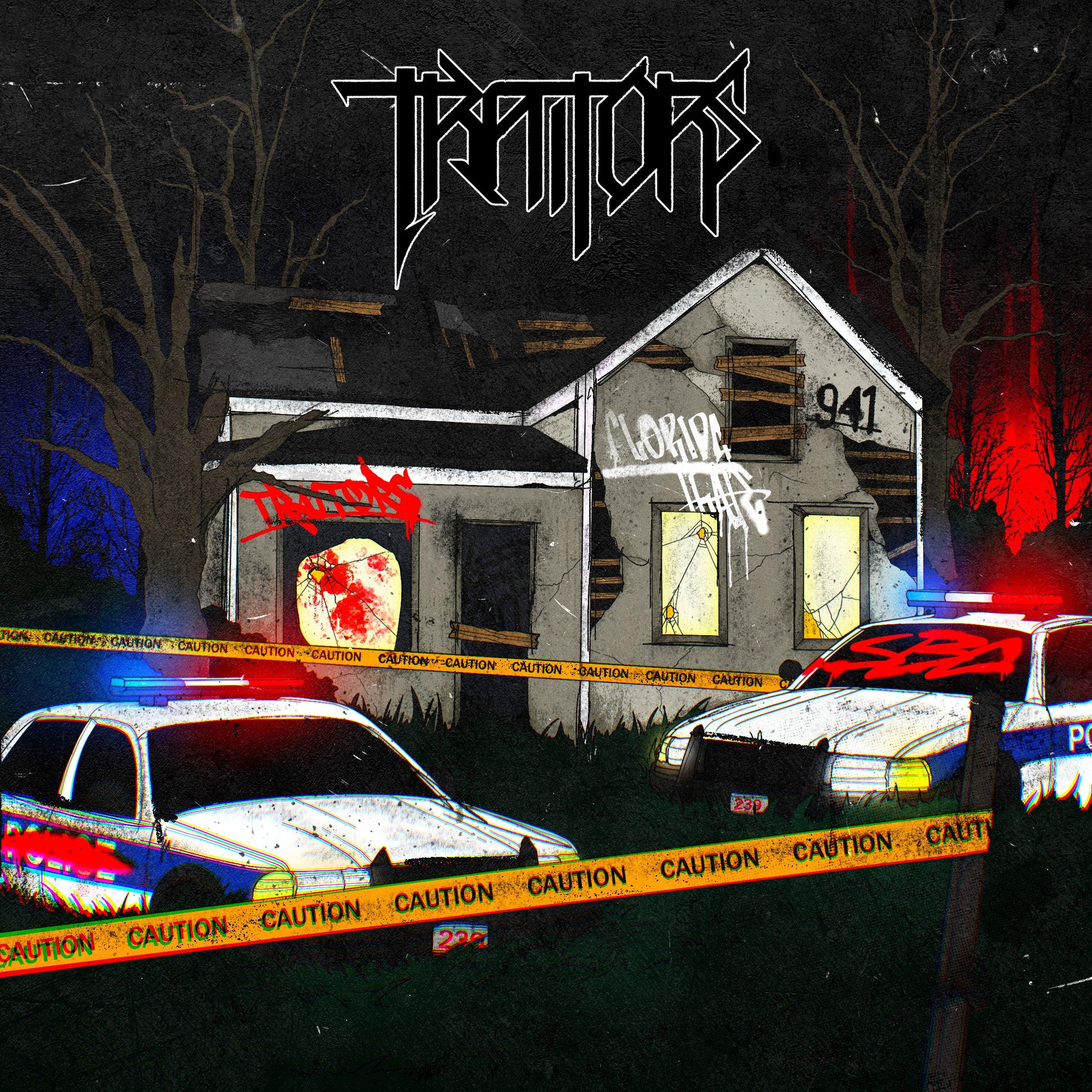The Role and Impact of Traitors in Modern Society

Introduction
The topic of traitors has always been one of significance in both historical and contemporary contexts. The term ‘traitor’ evokes strong emotions and moral dilemmas, often associated with betrayal against one’s community, country, or principles. In an era where global interdependence and shifting allegiances are prevalent, understanding the concept of betrayal and its various forms has never been more relevant.
The Definition of a Traitor
Traitors are typically defined as individuals who betray their own country, comrades, or principles. This betrayal can occur in various forms, such as espionage, treason, or simply advocating for causes perceived to be in opposition to the collective good. The motivations behind such actions can vary widely, including ideological beliefs, financial gain, or personal grievances.
Real-World Examples
Recent events have brought the concept of traitorous actions to the forefront, particularly in the realms of politics and national security. High-profile whistleblowers like Edward Snowden and Chelsea Manning have been branded traitors by some for revealing classified information, while others see them as defenders of public interest. Their actions sparked debates over national security versus the public’s right to know, highlighting the complex nature of betrayal in modern society.
The Societal Impact of Treachery
The implications of being labelled a traitor extend beyond the individual. Societies often experience rifts as clashing opinions emerge about loyalty and patriotism. In certain regions, allegations of treachery can lead to severe legal consequences, ostracism, or violence. The global escalations in populist movements also underscore how accusations of treason can mobilise support or incite fear among constituents.
Conclusion
As we continue to navigate complex social and political landscapes, the subject of traitors remains pertinent. The line between loyalty and betrayal is often blurred, and what constitutes traitorous behaviour can depend on one’s perspective. The consideration of traitors urges us to reflect on our ideals of loyalty, justice, and the consequences of opposition in our increasingly interconnected world. Moving forward, understanding the motivations and impacts of traitorious actions will be crucial for fostering dialogue and reconciliation in society.
